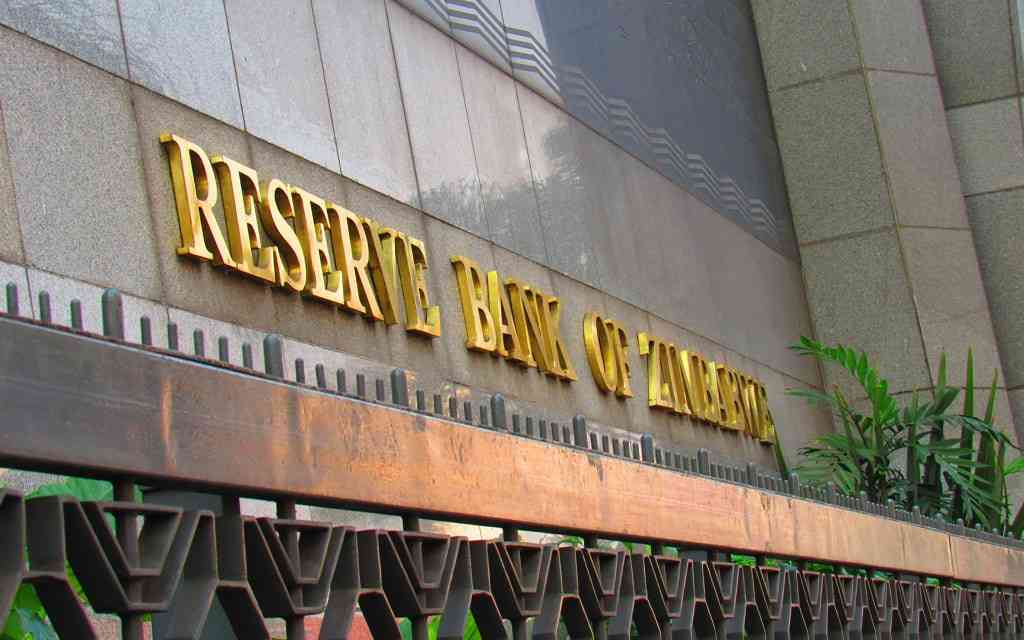
Transparency International Zimbabwe (TIZ) said it was concerned over controversies about the procurement of ICT equipment in Zimbabwe’s Parliament.
The organisation said reports of potential corrupt practices in the deal that was exposed at the weekend were more depressing.
Reports emerged on Friday last week that a firm called Blinart Investment had clinched a deal with Parliament to supply laptops.
But the Ministry of Finance later said the prices were inflated, and it would not be good to expend of the assets.
“From the documents in the public domain the awarding of tenders to Blinart Investments P/L and Mid-End Computers Hardware P/L for purchase of laptops and desktops at unit costs of US$9,264.48 and US$3,076.61 respectively raises red flags on the possibility of procurement malpractices,” TIZ said.
“The unit prices of the equipment are not only exorbitant but also obscenely suggestive of procurement related corruption.
In a Press Statement dated 17 September 2022, the Clerk of Parliament confirmed that all necessary procurement procedures were followed. The suppliers’ submissions were considered by the evaluation committee and further scrutinised by the special oversight procurement committee (SPOC), which committees approved the above stated suppliers. Approval of such exorbitant prices exposes the lack of integrity on the part of all the actors involved in the two transactions in question and calls for serious investigations and inquiry into the possibility of undue influence and/or fraud in the evaluation of bids,” it added.
“This leaves the probity of these committees highly questionable.
- Zanu PF, CCC MPs in rare pact
- War vets demand Parly seats
- Govt to review suspended contracts as Zimdollar shortage bites
- Laptops deal rile TIZ
Keep Reading
These transactions and conduct clearly violate Section 315 of the Constitution, and provisions of the Public Procurement and Disposal of Public Assets Act [Chapter 22:23], which prescribe that procurement of goods and services by the State and all institutions and agencies of government at every level must be affected in a manner that is transparent, fair, honest, cost effective and competitive,” TIZ said. “This conduct by Parliament erodes public trust in government institutions, damages institutional integrity, and distorts public sector outcomes. Corruption, whether grand or petty, remains one of the greatest challenges facing our country, holding back economic growth and social development. Parliament as a key oversight institution has a constitutional obligation to “monitor and oversee expenditure (by all government ministries, departments and agencies) to ensure that all revenue is accounted for; all expenditure has been properly incurred and any limits and conditions on appropriations have been observed.” While this may appear as episodic (a single act of corruption), its effects are far-reaching and can eventually lead to an unethical organizational culture, which can escalate to systemic corruption,” the TIZ noted.











